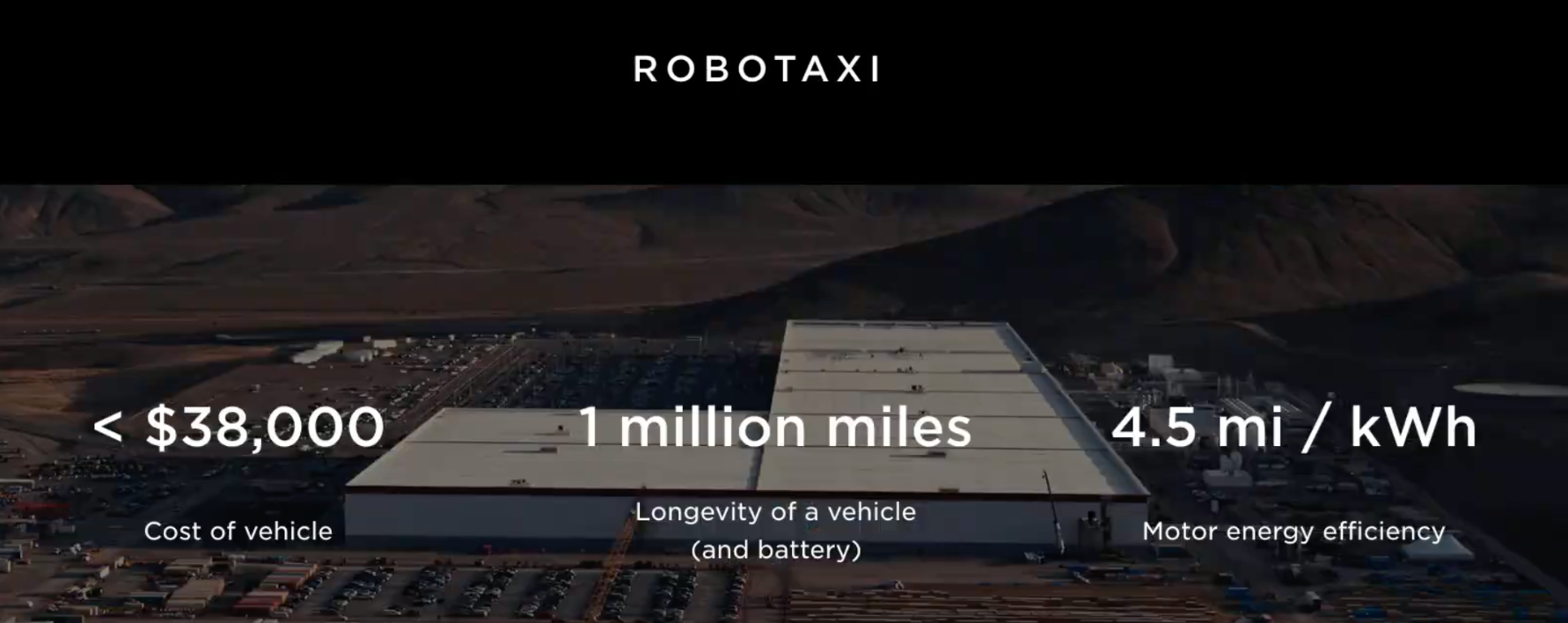Sign up for daily news updates from CleanTechnica on email. Or follow us on Google News!
Not everyone is able to, or willing to, replace their personal car (or at least a lot of car trips) with an electric bike or cargo bike, especially in sprawling car-centric regions, but for those living and working or operating a business in dense urban areas, opting for a small zero-emission vehicle could potentially kill two or three (tofurkey) birds with one stone.
A recent study found that an electric cargo bike, specifically a Bullitt cargo bike, is twice as efficient and over ten times cheaper to operate than a van in urban areas. Ten times cheaper is not chump change by any means, and while they do require more physical effort than driving a car or van, that could be considered a feature, not a bug, considering that a sedentary lifestyle is a significant health risk.
The Bullitt electric cargo bike from Larry vs Harry is a bakfiets-style e-bike that is a serious contender for an all-around, multipurpose, car- or van-replacing micromobility option. As far as a personal vehicle, your mileage may vary, of course, but for both small businesses and larger companies, the Bullitt might be an excellent low-cost, low-carbon, feel-good alternative for urban deliveries and services.
The study, “Data-driven Evaluation of Cargo Bike Delivery Performance in Brussels,” was released in October 2023 by Kale AI, and it looked at the “operational advantages of cargo bikes over vans.” Kale AI is a London startup with a focus on revolutionizing urban logistics “for a sustainable and efficient future,” and the study, which was prepared for Larry vs Harry, used GPS data from a fleet of eBullitt cargo bikes operated by Urbike in Brussells and compared it to vans covering similar routes and stops.
The findings of the study highlighted some of the not so obvious advantages of cargo bikes versus delivery vans, such as the fact that bikes can use shorter routes, can get to their destinations up to twice as quickly, take much less time to find a parking spot, are generally able to park much closer to their destination than vans, and their average speed can be higher than vans. The average number of parcels that can be delivered per hour by cargo e-bike is twice that of a van — an average of 10.1 packages per hour, as opposed to delivery vans, which can deliver 4.9 packages per hour.
“We find e-cargo bikes operate with consistent speeds around 16km/h across Brussels’ variable urban terrain, unaffected by the congestion that slows vans to just 11.3km/h. Our analyses also showed that e-cargo bikes park within 30 meters of recipients on average, minimising walking time. In contrast, studies show vans can spend up to 25 minutes searching for parking per stop in major cities.
“Factoring in real-world distances and speeds, we estimate total delivery time per route is over 2x faster with Urbike’s cargo bikes compared to diesel vans constrained by Brussels’ narrow streets. On a typical 8.5km route, e-cargo bikes take just 48 minutes while vans require 99 minutes.”
On the obvious side of things, electric cargo bikes have significantly lower carbon emissions (and zero emissions at the point of use), with an estimated 98% reduction in greenhouse gas emissions compared to a diesel van, and 96% less than an electric van. The total cost of ownership of a cargo bike is also exceptionally lower, and the actual cost per parcel delivered by e-cargo bike is one-tenth that of delivery by both diesel and electric vans when factoring in insurance, maintenance, depreciation, and energy costs.
“Adding insurance, maintenance, depreciation, and energy costs, vans have up to 10 times higher expenses per parcel. When including fixed and variable costs, each delivery cost €0.10 with the cargo bike, €1.10 with a small diesel van and €1.05 with a small electric van.”
Another important impact that e-cargo bikes can have is a reduction in traffic congestion, as even if diesel vans are replaced by electric vans, which can reduce ‘tailpipe’ emissions, they still require the same amount of space both on the road an in parking spots. This congestion-relieving aspect of bikes is something that isn’t highlighted enough when talking about more sustainable logistics options, as traffic congestion increases idling time for vehicles, as well as increasing travel time, so the impact on air quality can be significant in dense urban areas.
And although this study specifically looked at parcel deliveries, the same advantages that electric cargo bikes have over vans and cars can be applied to other types of transportation needs, whether that’s for service/maintenance businesses and the building trades or for personal transport.
“The result of the study is not only relevant news for companies and organizations with delivery tasks. Ordinary consumers can note that if they live in an urban area, and travel to work every day – perhaps they drop their child off at day care or school as well – then they can save many hours of transportation per year using a cargo bike instead of a car. This also applies to other professionals who move a lot around the cities to carry out their jobs as plumbers, locksmiths, technicians, fitters, internet installers, craftsmen and so on.”
Head over to the website for more information about the Larry vs Harry eBullitt cargo bikes, and take a look at the dealer map to find a location near you if you’d like to try one for yourself or your business.
Related: Roadmap Shows How Cities Can Plan For Large-Scale Cargo E-Bike Adoption
Have a tip for CleanTechnica? Want to advertise? Want to suggest a guest for our CleanTech Talk podcast? Contact us here.
Latest CleanTechnica TV Video
I don’t like paywalls. You don’t like paywalls. Who likes paywalls? Here at CleanTechnica, we implemented a limited paywall for a while, but it always felt wrong — and it was always tough to decide what we should put behind there. In theory, your most exclusive and best content goes behind a paywall. But then fewer people read it!! So, we’ve decided to completely nix paywalls here at CleanTechnica. But…
Thank you!
CleanTechnica uses affiliate links. See our policy here.




